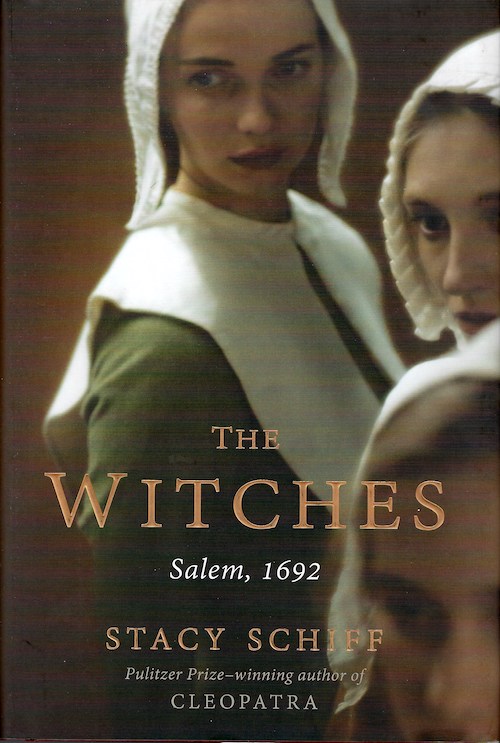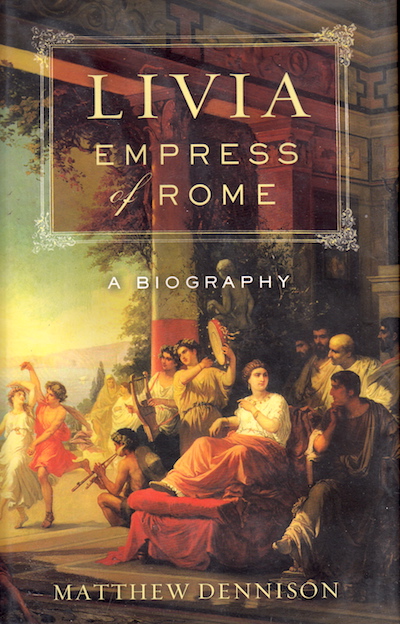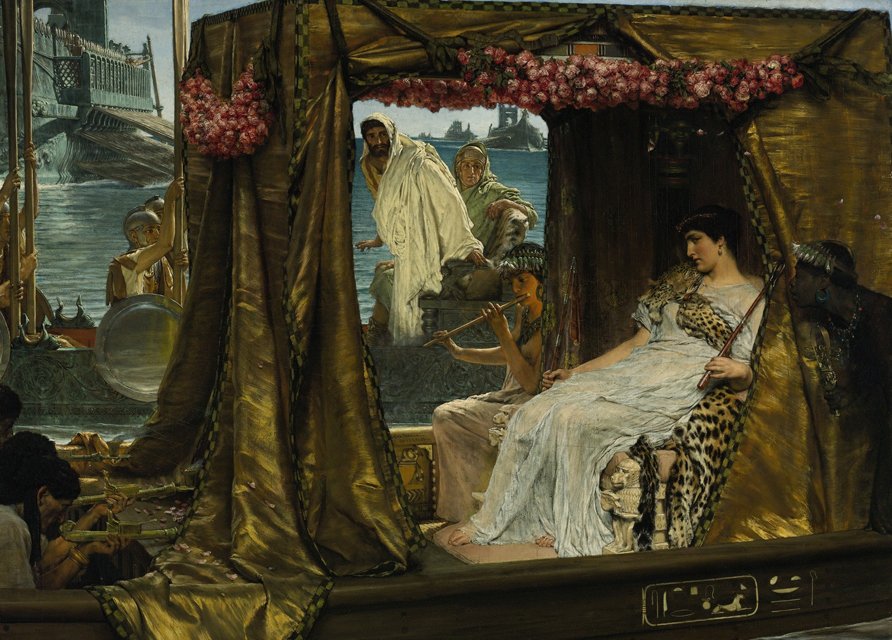I have an abiding soft spot for Germaine de Staël. She was determined to make a difference in the crazy and deadly Paris of the French Revolution; she thought Paris was the center of the world; for her, intellectualism and writing were the way to shape that world; and Napoleon hated her. I find her endlessly fascinating.
Mistress to an Age was the first book-length biography I read of her; it was written in 1957 and is still in print. It was quite readable as well – I was a bit worried it was going to be too academic, but it read like a novel in some points. It helps, of course, that she, her parents, and her friends were all like something of characters out of a novel. The people in her life who were more subdued tend to take a back-seat – like her husband.
There are times you want to shake her, to get her to leave well-enough alone, but that wasn’t who Germaine de Staël was. She had energy to spare, tended to draw the best thinking (if not the best of intentions) out of the people around her, and wanted to be known as the person she was – but she also needed things defined in a way that would sometimes get her into trouble. For example, Napoleon kept banning her from Paris, or France, or somewhere. And then the administrators would let things slide, like they do because their attention was elsewhere; and so she’d move closer – not to Paris, per se, but closer than the 40 kilometers than she was strictly allowed, maybe because her son was in school in Paris. And it was tolerated because her son was in school in Paris. But then she’d insist that Napoleon ok the fact that she was there, and maybe she would even ask for his approval to go visit her son in Paris. At which point, he’d be like “No, I said 40 kilometers, you have to leave.” And you know if she’d just not insisted that Napoleon say it was all right that she was there, she would have gotten away with it.
But on the other hand, that insistence that people listen to her was what made her famous. And she certainly didn’t care that people thought she was too out-there or too mouthy or not ladylike enough. Without that chutzpah, she wouldn’t have been Germaine de Staël.
Mistress to an Age was a great introduction to her, for me. I’m excited to read and learn more about her.





